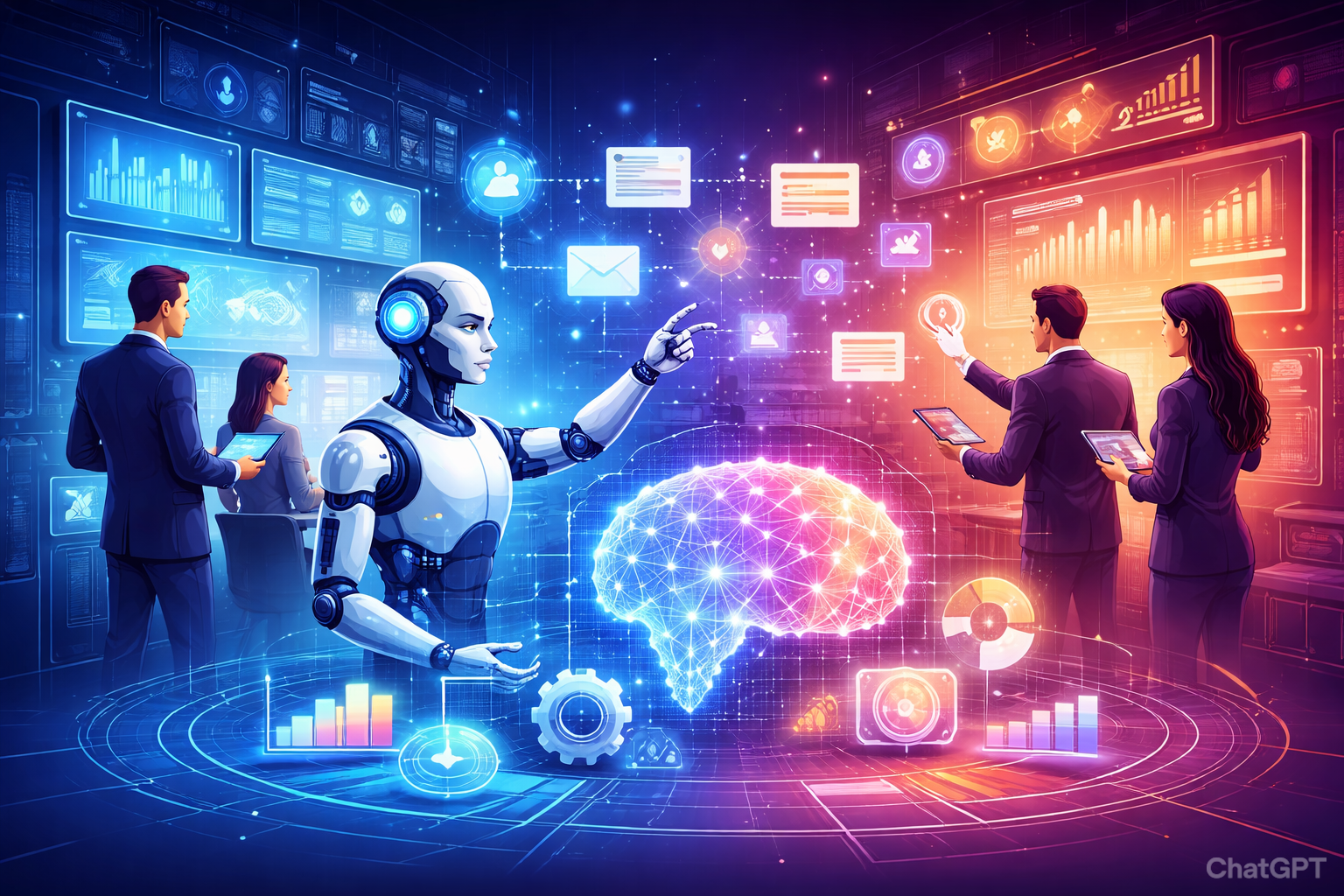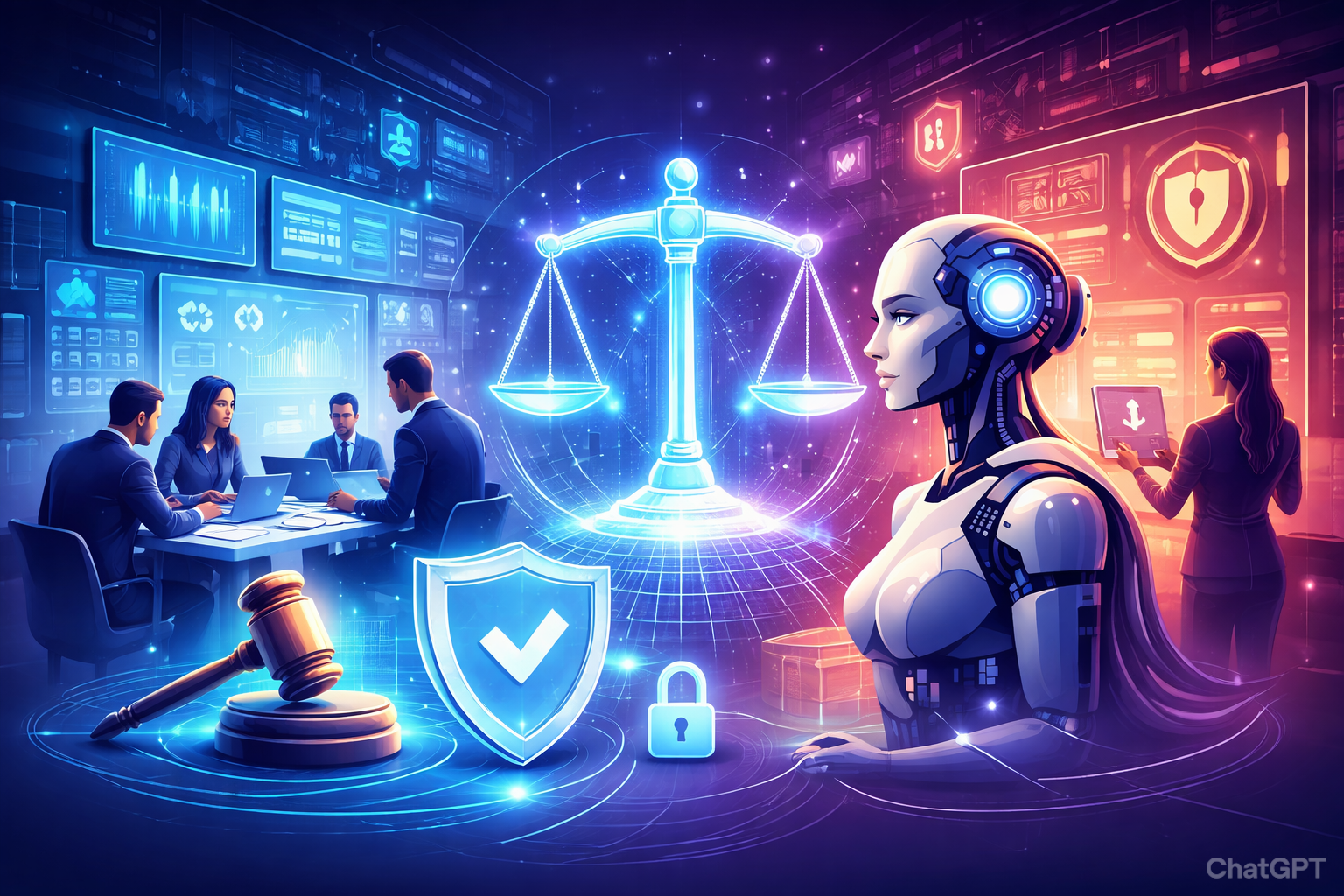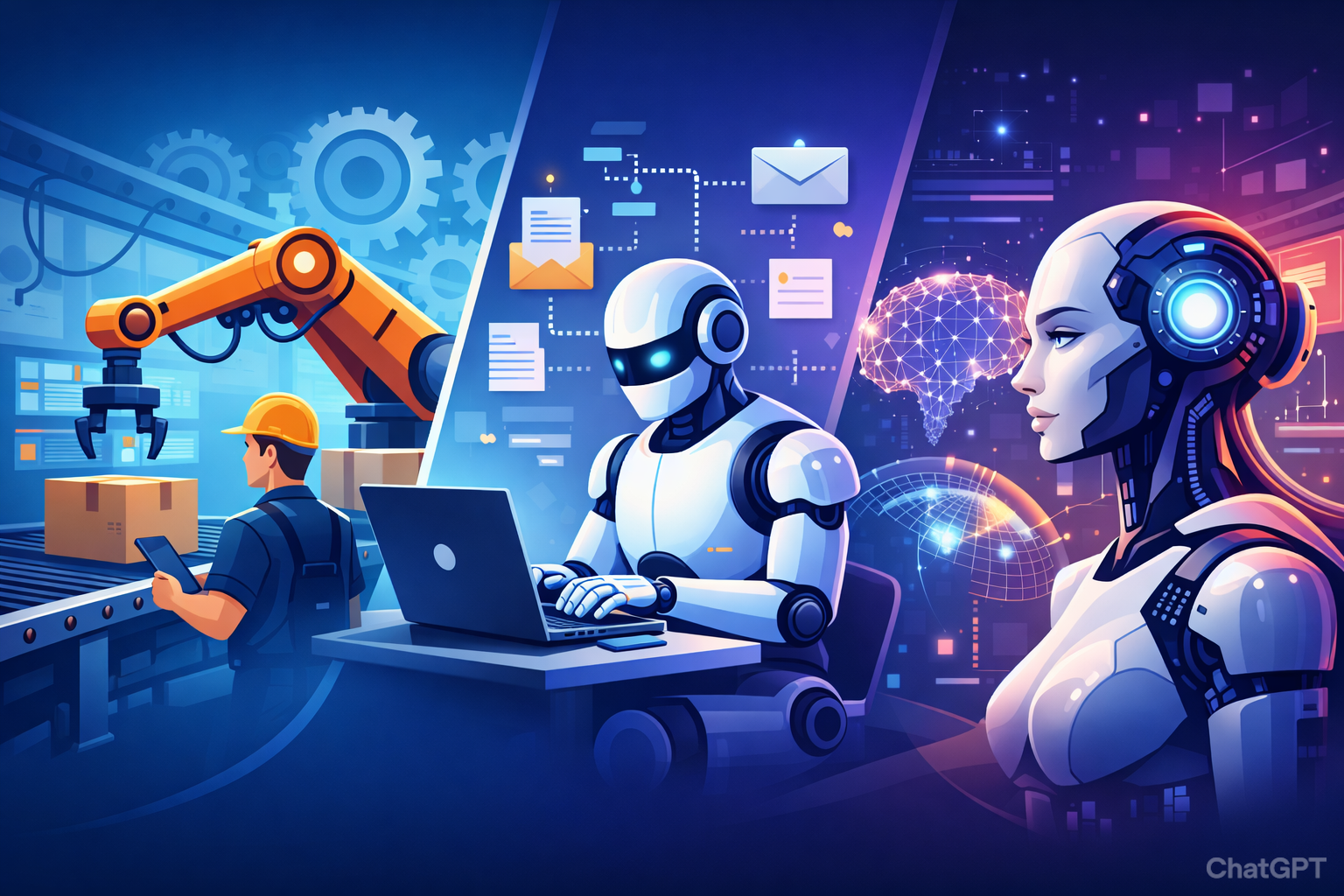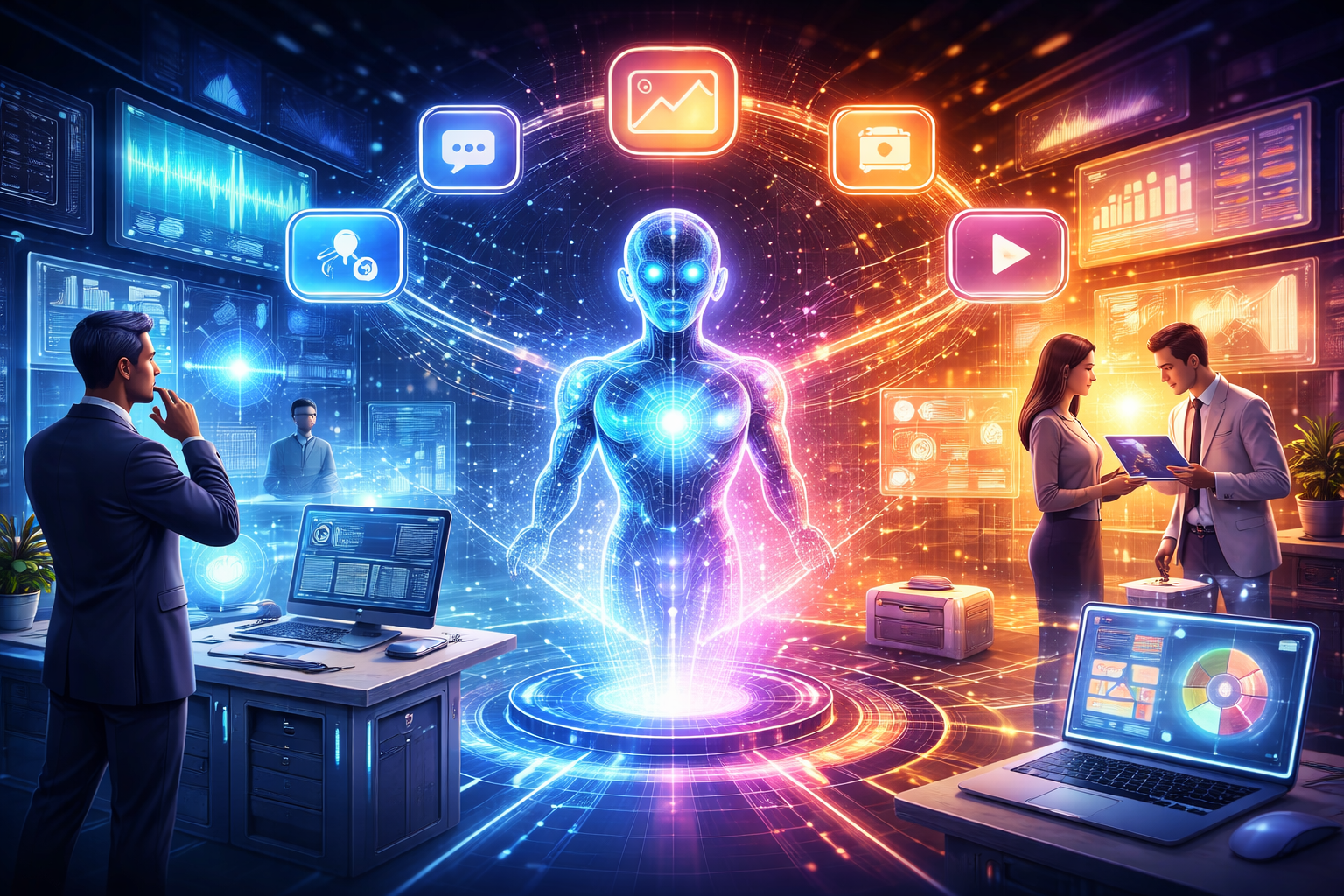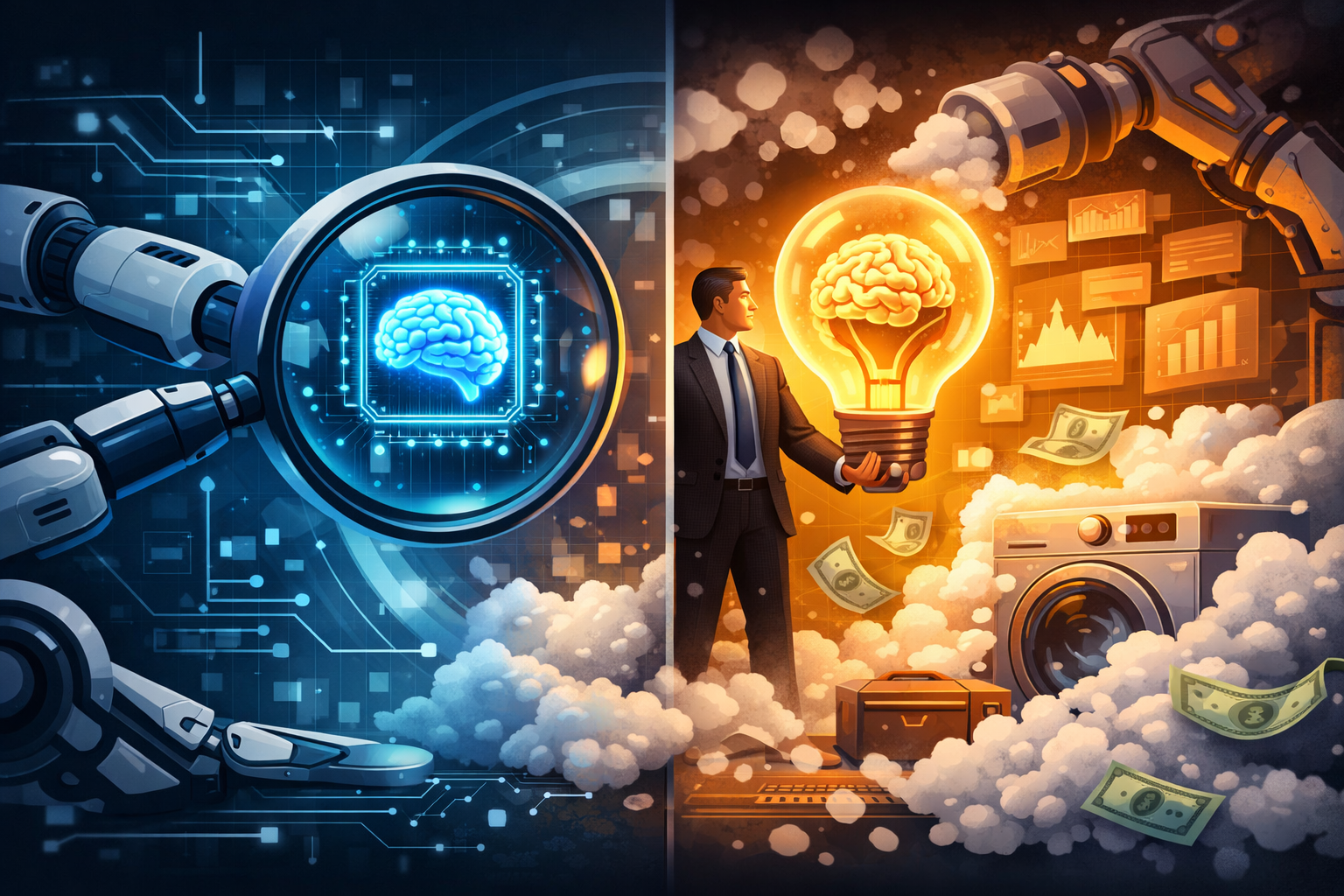AI has transformed the way businesses interact with their customers. One of the most significant advancements in this regard is the implementation of AI chatbots for customer support. In this article, I will walk you through the world of AI chatbots, explaining their benefits, types, how they work, use cases, challenges, and future trends in the realm of customer support.
Benefits of Using AI Chatbots
When it comes to customer support, AI chatbots offer a plethora of advantages. They enhance the overall customer experience and provide tangible benefits for businesses. Here’s why AI chatbots are gaining popularity:
- Enhancing Customer Experience: AI chatbots provide instant responses and are available 24/7, ensuring that customers get the help they need when they need it.
- Reducing Response Time: With AI chatbots, queries are addressed promptly, eliminating long waiting times and customer frustration.
- Cost-effectiveness: AI chatbots reduce the need for a large customer support team, thereby lowering operational costs.

Types of AI Chatbots
AI chatbots come in different flavors, catering to diverse business needs. The main types include:
- Rule-based chatbots: These chatbots follow predefined rules and are suitable for handling routine tasks.
- AI-powered chatbots: These chatbots utilize machine learning algorithms and natural language processing (NLP) to understand and respond to customer queries.
- Hybrid chatbots: Combining elements of both rule-based and AI-powered chatbots, hybrids offer flexibility in handling various scenarios.
How AI Chatbots Work
Understanding the inner workings of AI chatbots is crucial. They rely on:
- Natural Language Processing (NLP): NLP enables chatbots to understand and interpret human language, making interactions more natural.
- Machine Learning Algorithms: These algorithms allow chatbots to learn and improve their responses over time, becoming more effective.
- Data Training: Chatbots are trained on vast datasets to understand the context better and provide accurate responses.

Use Cases for AI Chatbots in Customer Support
AI chatbots find application in various aspects of customer support, including:
- Handling Frequently Asked Questions (FAQs): Chatbots excel at providing instant responses to common queries, freeing up human agents for more complex tasks.
- Assisting in Troubleshooting: They can guide customers through technical issues, step by step, offering solutions and minimizing frustration.
- Collecting Customer Feedback: Chatbots can actively engage customers in feedback collection, aiding in product or service improvement.
Implementing AI Chatbots in Your Business
If you’re considering integrating AI chatbots into your customer support strategy, here are some key steps:
- Choosing the Right Chatbot Platform: Select a platform that aligns with your business goals and provides the necessary customization options.
- Customizing Chatbot Responses: Tailor the chatbot’s responses to your industry and specific customer needs.
- Training Chatbots for Industry-specific Jargon: Ensure that your chatbots are well-versed in the terminology of your field to provide accurate assistance.

Challenges in AI Chatbots for Customer Support
While AI chatbots offer numerous benefits, they also face challenges, such as:
- Handling Complex Queries: Some queries may be beyond the capabilities of chatbots, requiring human intervention.
- Maintaining a Human Touch: Striking the right balance between automation and a human touch can be challenging.
- Ensuring Data Privacy: Handling sensitive customer data requires stringent security measures to protect privacy.
Success Stories of AI Chatbots
Several companies have successfully implemented AI chatbots, leading to improved customer support and business outcomes. Metrics such as increased customer satisfaction, reduced response times, and cost savings serve as evidence of their success.
Future Trends in AI Chatbots
As technology continues to evolve, AI chatbots are poised to keep growing. Some future trends to watch out for include:
- Integration with Voice Assistants: Chatbots will likely integrate seamlessly with voice-activated assistants like Siri and Alexa.
- Multilingual Chatbots: Expanding chatbots’ language capabilities to serve a global audience.
- Predictive Analytics for Customer Support: Using data to predict customer needs and proactively provide support.

Conclusion
In conclusion, AI chatbots have revolutionized customer support by offering efficiency, cost-effectiveness, and enhanced customer experiences. Businesses that harness the power of AI chatbots are better positioned to meet the demands of today’s tech-savvy customers.
FAQs on AI Chatbots for Customer Support
How can AI chatbots improve customer support efficiency?
AI chatbots provide instant responses, reduce response times, and handle routine queries, leading to more efficient customer support.
What is the difference between rule-based and AI-powered chatbots?
Rule-based chatbots follow predefined rules, while AI-powered chatbots use machine learning and natural language processing to dynamically understand and respond to queries.
Are AI chatbots capable of handling complex customer queries?
While AI chatbots can handle many queries, complex or unique issues may still require human intervention for resolution.
How can businesses ensure data privacy when using AI chatbots?
Businesses should implement robust data security measures, including encryption and access controls, to protect customer data when using AI chatbots.
What are some key considerations when choosing an AI chatbot platform?
Consider factors such as the platform’s customization options, scalability, integration capabilities, and the ability to train chatbots for industry-specific jargon.

